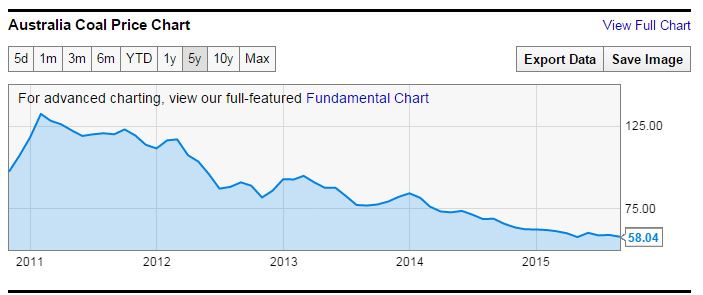Steven Mosher,
“Your first argument was man will never fly.” You can make up whatever statements you like, and you often do. Anybody who takes the time to try to verify your statements will be sorely disappointed, in most cases.
Repeating an untruth does not make it true. It is obviously a deeply ingrained Warmist trait. If you are going to fabricate statements, choose ones that are not so easily disproven.
Not satisfied with one fabrication, you press on.
“Now that you see prototype trees, the argument becomes,
why would you want to fly.
or it will be expensive to fly.”
I have not mentioned artificial trees, or flight. I have merely quoted from a
Iink you provided. Maybe you could go off and argue with yourself some more. You are getting quite adept.
Feel free to promote artificial trees, artificial cows, even artificial intelligence, if you find you are lacking a sufiicient amount of the natural commodity.
You are an odd lad, Steven. This might well explain your preoccupation with nonsense such as “surface temperatures” which aren’t, reducing CO2 levels, wiping out humanity because you believe that CO2 raises temperatures, and similar bizarre delusions. Maybe you could try sticking to facts. I find them much more satisfying. Of course, you can choose to pursue Warmist fantasies, if you wish.
The choice is yours.
Cheers.









